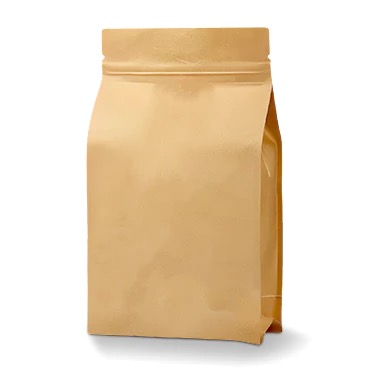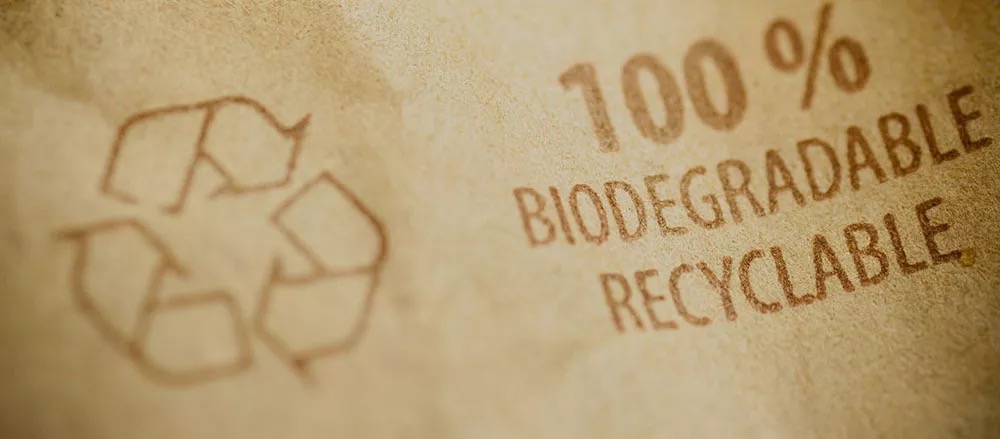As businesses and consumers seek sustainable packaging options, paper bags have become a common alternative to plastic. But how eco-friendly are they really? One of the most important questions to ask is whether paper bags are biodegradable. The answer is yes, but with certain conditions and caveats.
This article explores the biodegradability of paper bags, how they break down, and what to consider when choosing them for your business or personal use.
What Does Biodegradable Mean?
A material is considered biodegradable if it can be broken down by natural microorganisms such as bacteria or fungi into water, carbon dioxide, and organic matter. This process should happen without leaving toxic residues and within a reasonable period of time under natural environmental conditions.
Are Paper Bags Biodegradable?
Yes, paper bags are biodegradable. Because they are made from organic materials—typically wood pulp or recycled paper—they naturally decompose over time. In the presence of oxygen, moisture, and microbial activity, paper bags usually break down within a few weeks to several months depending on the thickness and environmental conditions.
Key Factors That Affect Decomposition
- Moisture: Paper biodegrades faster in humid or wet conditions.
- Oxygen: Adequate air circulation helps speed up the process.
- Microbial Activity: Soil rich in microorganisms accelerates breakdown.
- Material Coatings: Some paper bags are coated with plastic or chemicals that can reduce biodegradability.
Are All Paper Bags Equally Biodegradable?
Not all paper bags degrade at the same rate or in the same way. Here are a few differences to be aware of:
- Recycled Paper Bags: These tend to degrade faster because the fibers are already partially broken down.
- Kraft Paper Bags: These are strong and durable but still biodegradable. They may take slightly longer to decompose due to their density.
- Laminated or Coated Paper Bags: Some paper bags are treated with polyethylene or other coatings for waterproofing or strength. These coatings reduce or completely prevent biodegradability.
Composting Paper Bags
Most uncoated paper bags are also compostable, which means they can be broken down into nutrient-rich compost in a compost bin or facility. Always check for labels or certification before composting them in a home compost system, especially if you are unsure whether the bag contains any synthetic materials or inks.

Environmental Benefits of Paper Bags
- Renewable Resource: Paper is made from trees, which are renewable and can be sustainably managed.
- Lower Plastic Pollution: Switching from plastic to paper can help reduce marine and land-based plastic pollution.
- Easier Decomposition: Even if littered, paper decomposes much faster than plastic and leaves fewer long-term effects.
Environmental Considerations
While paper bags are biodegradable, they are not entirely without environmental impact. Producing paper bags can involve:
- Higher water and energy consumption than plastic bag production
- Deforestation if the paper is not sourced responsibly
- Emissions from manufacturing and transportation
Choosing FSC-certified or recycled paper bags helps minimize these effects.
Conclusion
Paper bags are biodegradable and, in most cases, compostable. They are a viable alternative to plastic bags for those looking to reduce long-term environmental waste. However, to fully benefit from their eco-friendly potential, it is essential to use uncoated, responsibly sourced, or recycled paper bags and dispose of them properly.
For Businesses
If your business is looking for compostable or biodegradable alternatives to traditional packaging, Hemcbags offers a full range of eco-packaging solutions. From compostable liners to plant-based bags, our products are made with sustainability and performance in mind.
To explore our collection or request a free consultation, visit hemcbags.com

